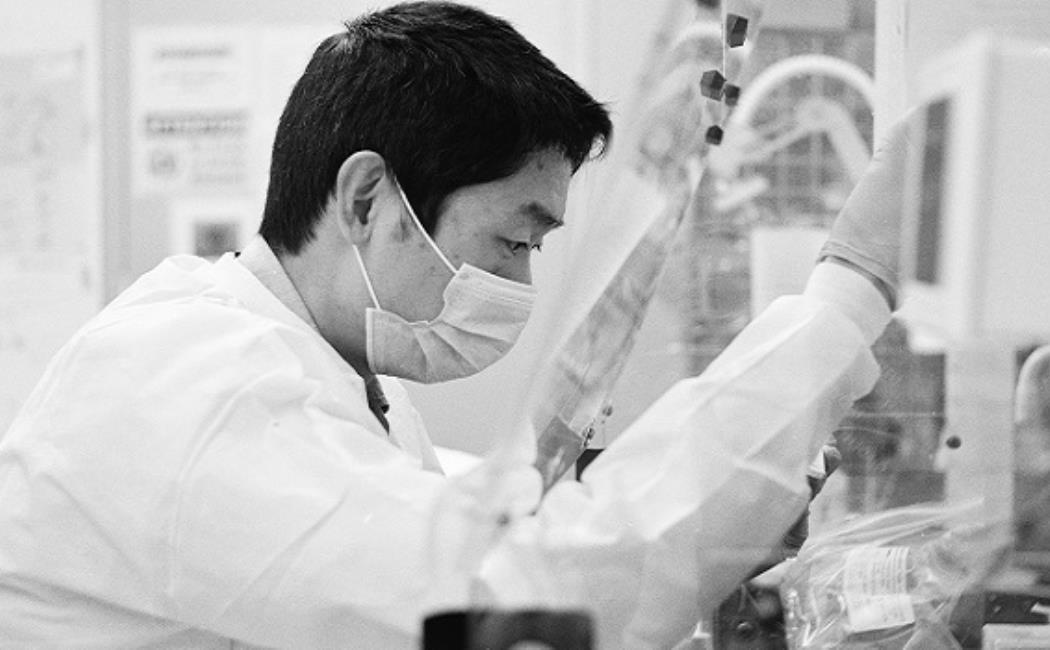
Barcoding long DNA quantifies CRISPR effects
26 August, 2020
Current sequencing techniques lack the sensitivity to detect rare gene mutations in a pool of cells, which is particularly important, for example, in early cancer detection. Now, scientists at KAUST have developed an approach, called targeted individual DNA molecule sequencing (IDMseq), that can accurately detect a single mutation in a pool of 10,000 cells.
Importantly, the team successfully used IDMseq to determine the number and frequency of mutations caused by the gene editing tool, CRISPR/Cas9, in human embryonic stem cells. Clinical trials are underway to test CRISPR’s safety to treat some genetic diseases. “Our study revealed potential risks associated with CRISPR/Cas9 editing and provides tools to better study genome editing outcomes,” says KAUST bioscientist Mo Li, who led the study.
Click here to read the full story
Image: Assistant Professor Mo Li works on sequencing library preparation.
© 2020 KAUST Jinna Xu.